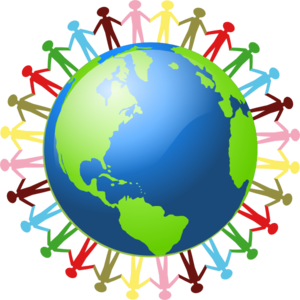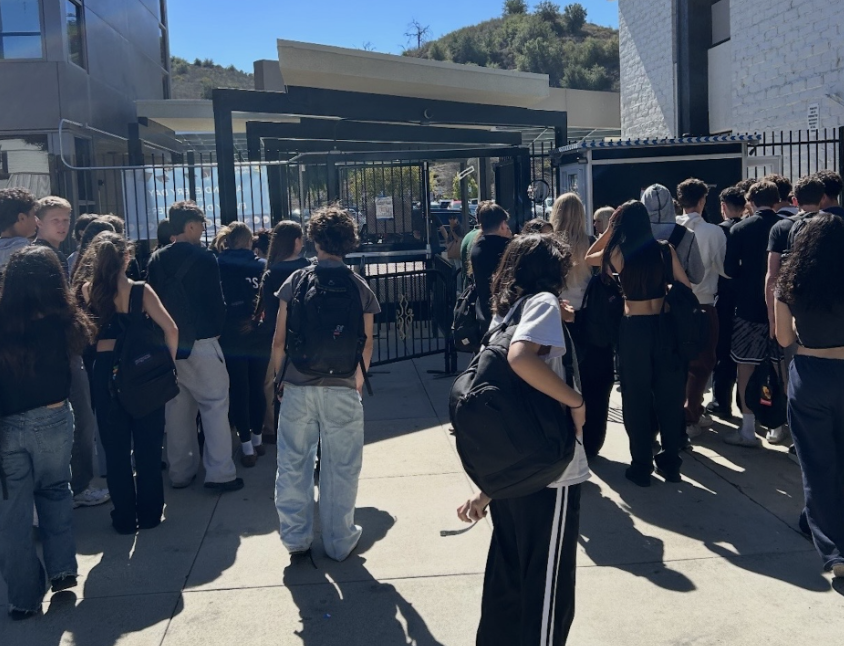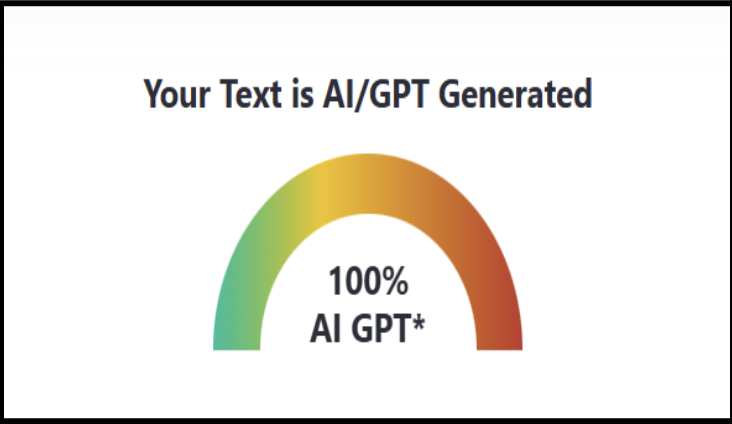The United States as a whole has clean water, an abundance of food and is one of the most industrialized and advanced societies. With these privileges in mind, why is it ranked number 17 on the World Happiness Index, below nations that are run by corrupt governments such as Mexico and monarchies like United Arab Emirates? Generally, this is due to the fact that America’s priorities and our society are vastly different than the majority of Scandinavian Countries. Scandinavian citizens lead different lives supported by universal health care provided by their government. U.S. citizens adore and glorify material items to the point of feeling despair when they are denied these “necessary” luxuries. With that being said, the nation can no longer achieve “The American Dream” with the large, unequal distribution of wealth that was brought to the public’s eye via the Occupy Wall Street movement. The health care in the U.S. is inadequate compared to the universal health care in Denmark, providing citizens with available resources to cope with any mental conditions such as depression or anxiety that decrease their serotonin levels.
In accordance with their priorities, American individuals spent an average of only 6 percent of their income on food in 2007. However, the total amount in 2008 spent on furniture, air travel, car services, technology, clothing and restaurants was $981 billion, which is the amount South Korea makes as a whole in a single year. The most important matters of interest for our nation are warped with excessive advertising and the idea that wealth equates happiness. Consequently, people spend the vast majority of their time working and feeling that they cannot prioritize other aspects of life such as family and relaxation. While wealth can bring security, in reality it cannot truly create a sense of self worth. Ironically, Denmark, which only has .6 percent less unemployment than the U.S., is ranked first on the World Happiness Index. The primary concerns of citizens in the U.S. have shifted from having a strong family bond, a meaningful job and community service to always wanting the newest gadget, nicest car or biggest house. Although these so-called necessities are expensive, their prices do not include a lifetime of happiness.
“I believe that a big issue is the fact that American students have lost interest in their education, and prioritize less important things, like social media,” said sophomore Grace Papish.
There has always been a large gap between the middle and upper classes in America. Due to this class gap and unequal distribution of wealth, Americans are no longer content with their pay. One percent of Americans have 40 percent of the U.S. annual income, hence the Occupy Wall Street movement; a movement in which people who are outraged stand up to represent the 99 percent. 80 percent of the nation only has seven percent of the nation’s wealth. Along with that, on average, women receive less than eight percent when compared to men’s earnings. This could be a large cause of the stress that people feel when talking about their annual wages.
The health care cost of the average American was 18 percent of the average citizen’s budget in 2007. Although this was before the Affordable Healthcare Act, every citizen is not yet covered under the plan. As the name proves, the health care will be cheaper but not free. With proper health care, citizens can make routine visits to a psychiatrist or get medication if they are struggling with a mental illness.
Despite being so advanced, the U.S. is far behind in their ability to maintain happiness. Whether it be health care, unequal pay or our mixed up priorities, the U.S. should be happier than struggling third world countries. Due to the fact that America has almost everything it could ask for, a lot of citizens are losing their gratitude.








